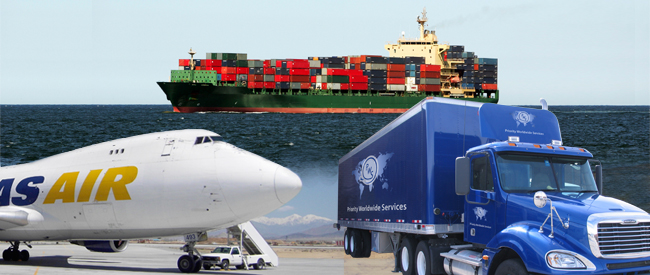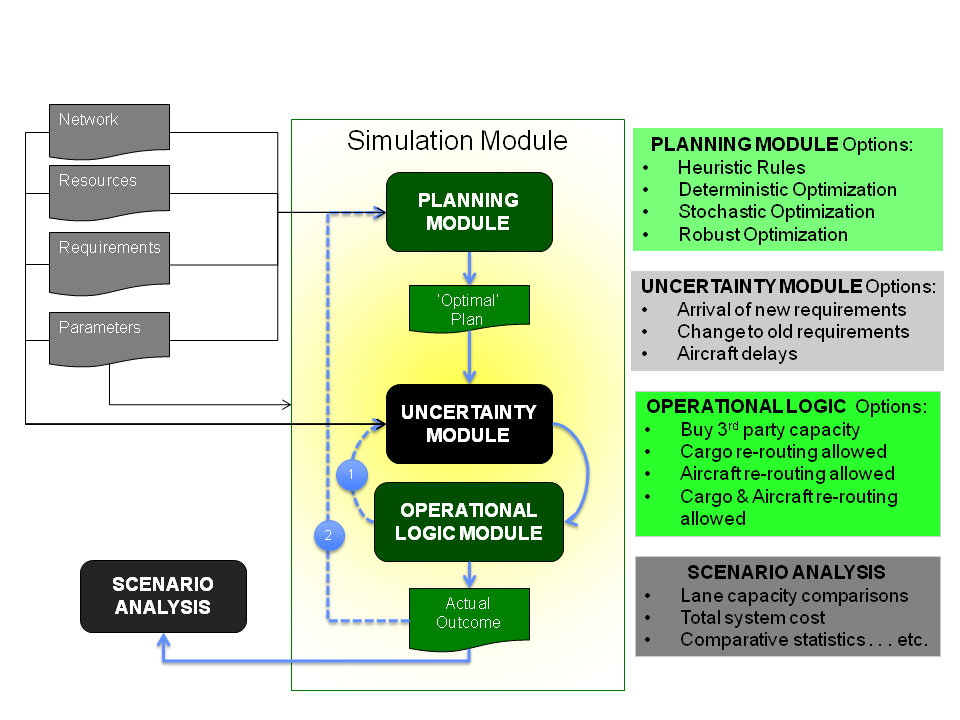Transportation Research Projects
The Transportation Center has a set of research projects in collaboration with students and faculty in the MIT Department of Aeronautics and Astronautics, the Operations Research Center (ORC), and the Center for Transportation and Logistics (CTL). These projects currently support optimization and analytics research to improve the effectiveness of complex transportation system planning and scheduling, as well as new procedures to reduce the environmental impact of aviation.
Current Projects
Optimal Airlift Scheduling (Sept. 2012 - May 2014)Lincoln Laboratory - Allison Chang Graduate student Mark Williams developed a model for quantifying the benefits of alternate mathematical programming approaches for optimizing military airlift scheduling. |
|
Multimodal Optimization (Sept. 2012 - May 2014)Lincoln Laboratory - Allison Chang Graduate student Nick Jernigan explored scalable approaches for optimizing multimodal vehicle scheduling in complex transportation networks. |
|
Robust Airlift Simulation Testbed (Sept. 2011 - Sept. 2014)Lincoln Laboratory - Mariya Ishutkina Dr. Chris Caplice, research scientist Francisco Jauffred, and graduate student Atikhun Unahalekhaka built a configurable test bed to evaluate trade-offs between robustness and flexibility in military airlift scheduling. |
|
Departure Metering (Jan. 2009 - Sept. 2015)Lincoln Laboratory - Tom Reynolds Efficient aircraft departure metering procedures, in which aircraft are held at the gate in virtual queues with engines off to minimize fuel burn and emissions, are being developed and demonstrated at Boston Logan International Airport and New York LaGuardia Airport. |
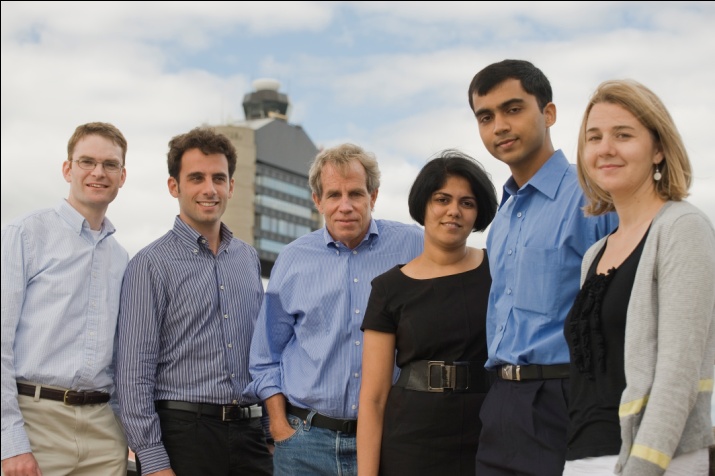 |
Efficient Flight Profiles (Jan. 2012 - Sept. 2015)Lincoln Laboratory - Tom Reynolds Opportunities for more efficient en route speed and altitude selection, along with delayed deceleration approaches, are being investigated to reduce fuel and environmental impacts. |
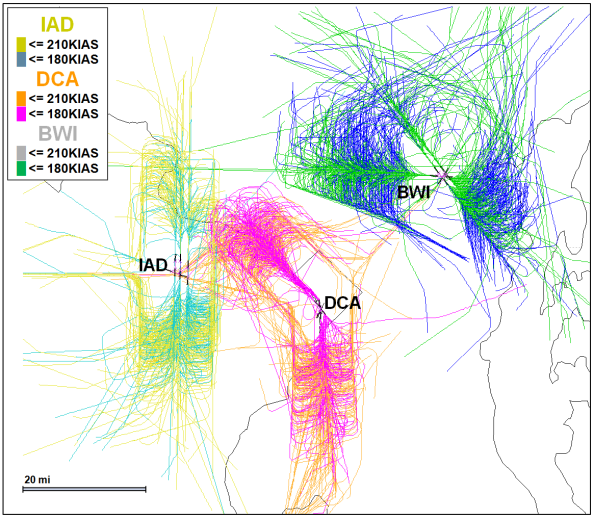 |
National Airspace Integration (Sept. 2013 - May 2014)Lincoln Laboratory - Roland Weibel Kip Johnson worked on developing more comprehensive safety control architectures leveraging human-centered design for incremental integration of unmanned systems into the national airspace. The use of STAMP, STPA, and the development of systems-theoretic human-automation safety ontologies will provide a more complete analytical framework to safely develop and operate this complex integrated system. |
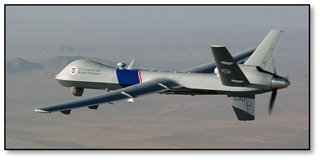 |

